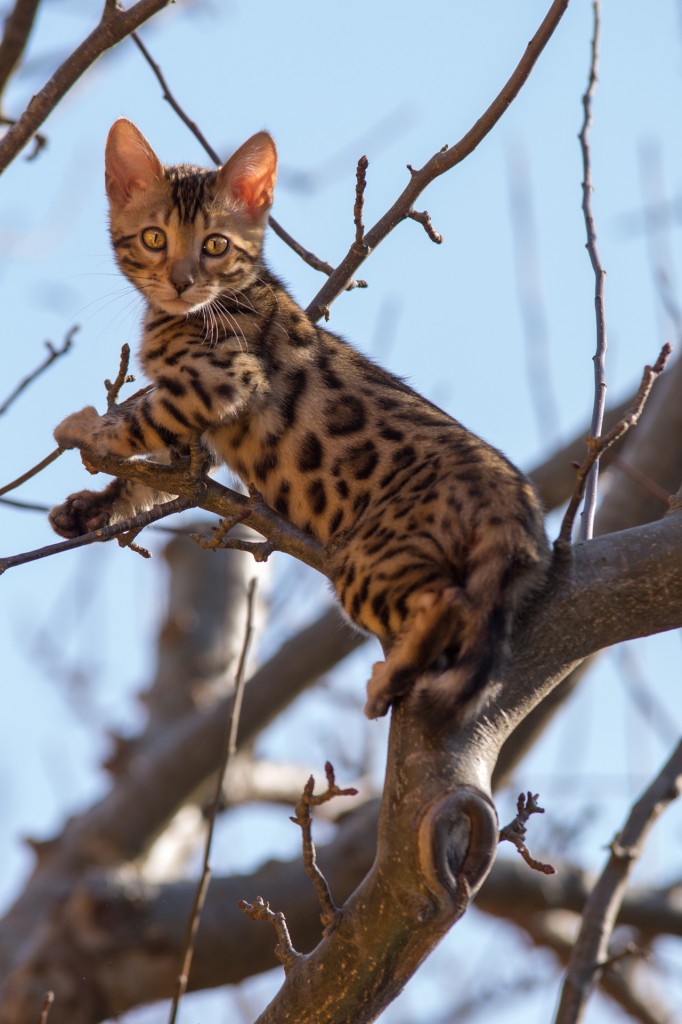
Judging from the number of our readers and subscribers who upload pictures of their precious cats, there’s an excellent chance you’re a cat lover.
If you are, move over. Millions and millions of Americans are devoted to their feline companions. I’ll admit to being a cat lover. Though we haven’t replaced our cat who passed away a few years ago, I grew up around cats, and they have always been my favorite pet.
Mention cats to a cat lover and you’d better be ready to stand there listening for the next two or three hours. Cats have real personalities, and they evoke more—and more interesting—stories from their human companions than any other animals I know of.
Unfortunately, cat lovers are sometimes maligned or made the butt of jokes. Every so often we hear about a “crazy cat lady,” defined by Urban Dictionary as “a woman, usually middle-aged or older, who lives alone with no husband or boyfriend, and fills the empty lonely void in her life with as many cats as she can collect in one place.” We never hear about “crazy dog guys,” “nutty hamster people,” or “wacky horse folks,” which makes you wonder. A friend of mine has a quote next to his picture on his Skype page that says: “Some people own cats and go on to lead normal lives.”
If you’re wondering what’s behind these cracks at cat lovers, I think I’ve got it figured out.
It must be jealousy.
How did I figure this out?
Simple. Who wouldn’t be jealous of cat lovers? Have you ever seen happier people than those who dote over their cats?
Get your free Medicare Supplement quote today
The Benefits of Having a Cat
Along with discussing obvious benefits relating to companionship, affection, and entertainment, the American Humane Association (not to be confused with The Humane Society) comments on how caring for cats can lead to improved health for seniors:
Even though cats require fairly minimal care, the care they do require provides much-needed exercise for older owners. Even seniors who have arthritis or other physical limitations can easily care for cats. Because cats need us to care for them by scooping their boxes, feeding them and giving them fresh water, cats get us up and moving whether we want to or not! Caring for and feeding a cat calls for routines and activities seniors might not otherwise have, providing important mental stimulation. This not only benefits senior citizens’ overall health, but can help them live longer and healthier lives.
(See petinsurance.com for more on this.)
For seniors looking for meaningful activities to share with their grandchildren, few options seem better than those involving a pet such as a cat. Regardless of whether the grandparent or the grandchild is the cat’s “parent,” activities involving a grandparent-grandchild-feline threesome are likely to result in plenty of teachable moments and golden memories.
“Best Breeds”
The best type of cat, of course, is the one most likely to provide meaningful companionship, and many people who look for feline companions don’t even consider breeding. Instead, they go to the pet shop or animal shelter, pick up some “prospects,” and see how the cats react to being held, spoken to, and so on. In fact, many cat owners—confident they’ve found the cats that are perfect for them—don’t even have a clue about the cats’ breeding. What’s more, they don’t care.
With that said, let’s look some breeds The Huffington Post includes on its top ten American feline pedigrees for 2012:
- Siamese, with a “personality that really dazzles.” According to the Post, “the Siamese will chat with you all day … and his innate curiosity is the stuff of legends.”
- Persian, known for being “gentle, quiet and expressive,” and for having a lush coat that “requires a good deal of grooming.”
- Bengal, described as “athletic, intelligent, active and independent,” though not particularly cuddly.
- Himalayan, “a colorpoint version of the Persian, created by crossing Persians and Siamese.”
- American Shorthair, described as easygoing, affectionate, tolerant, and enjoying affection and interactive play. “And as long as he’s well socialized as a kitten, he tends to get along well with guests and other pets.”
- Manx, “best known for his lack of a tail, but the smart Manx also sports a gentle, playful disposition.”
If you’re thinking about bringing a cat into your home—or if you’re already a happy cat companion—check out the Cat Care Society’s guide to basic cat care.
We’ve already seen some great cat photos uploaded by our subscribers. If you have any priceless feline photos to share, please upload them so that we can feature them on our Facebook banner. We’re also making plans for another photo contest, and we’re looking forward to seeing the very best photos you’ve got of your cat or cats.
Having a pet can do wonders for your health. Go a step further and contact MedicareMall for information about Medicare supplement plans and all your best healthcare options.
What do you find best about having a cat? Leave a comment below!
Read our article about the benefits of having a dog.
© 2013 MedicareMall.com
